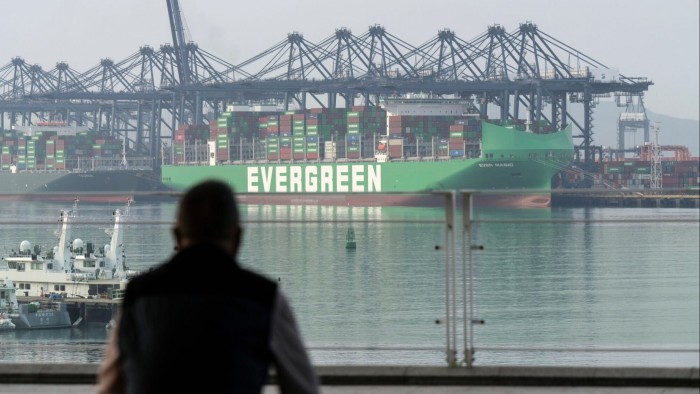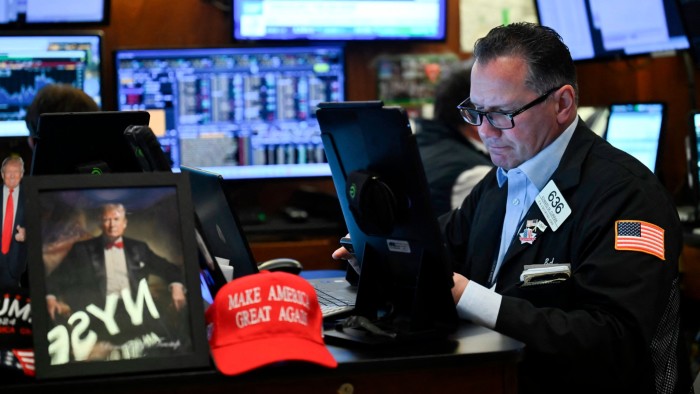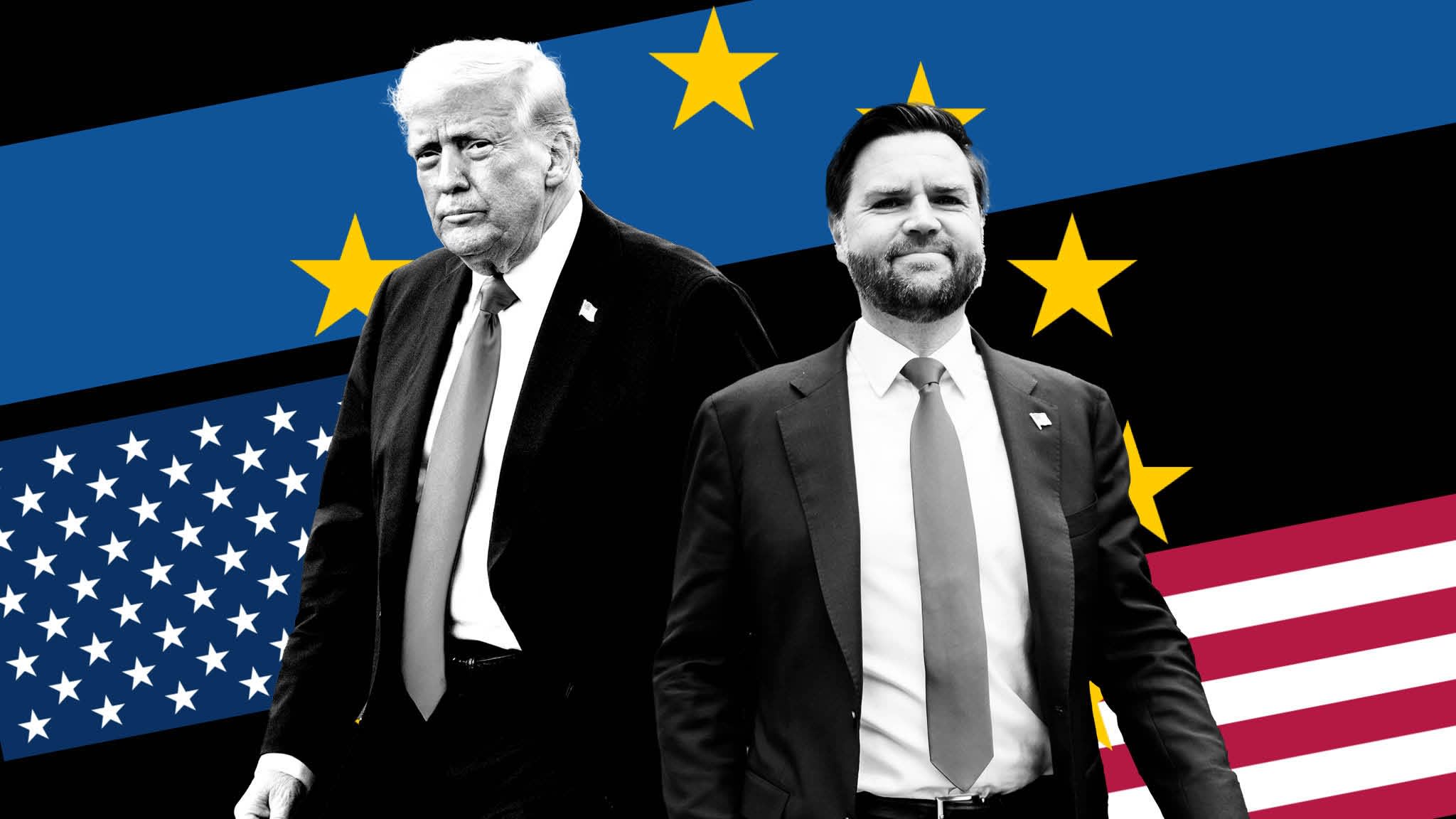China vows ‘fight to the end’ after Trump threatens extra 50% tariff

Unlock the White House Watch newsletter for free
Your guide to what the 2024 US election means for Washington and the world
China has vowed to “fight to the end” if the US goes ahead with threatened tariff increases, escalating trade tensions between the world’s two biggest economies.
The commerce ministry on Tuesday said it would further retaliate if US President Donald Trump makes good on his threat to levy an additional 50 per cent tariff on Chinese goods.
“If the US proceeds with implementing these escalated tariff measures, China will resolutely take countermeasures to safeguard its own rights and interests,” a commerce ministry spokesperson said on Tuesday. “If the US insists on going its own way, China will fight to the end.”
The threat of another wave of additional tariffs will underline fears that the world’s two most important economies are set for a hard decoupling.
Trump’s tariffs announced on April 2 have already roiled markets and threaten to hit Chinese exporters particularly hard, leading Beijing to roll out measures to support its stock markets on Tuesday, with state-led funds buying stocks. Asian markets regained ground on Tuesday.
The S&P 500 closed down 0.2 per cent, after wild swings. The index has shed more than $5tn since Trump shocked US trading partners with universal tariffs and “reciprocal” levies, triggering warnings of faster inflation and slower economic growth — or outright recession.
Beijing has said it will impose tariffs of 34 per cent on US imports from Friday, a day after US levies on Chinese goods are due to come into effect. Trump on Monday threatened to introduce an additional 50 per cent tariffs on Chinese goods, a move that would bring US duties on Chinese imports to more than 120 per cent by some estimates.
“The US threat to further escalate tariffs is a mistake compounded by another mistake and once again exposes the coercive nature of the US side,” said the ministry spokesperson. “China will never accept this.”
Beijing backed up the threat of retaliation by fixing the exchange rate of its currency, the renminbi, at Rmb7.20 per dollar — the lowest since September 2023 — in a sign it could use depreciation to offset Trump’s tariffs.
During the first Trump administration, Beijing let its currency decline to offset the impact of tariffs. On Tuesday morning the offshore renminbi, which trades freely, weakened past the threshold of Rmb7.35 per dollar for the first time since February.
Chinese markets rose on Tuesday after sustaining big falls on Monday. The Hang Seng jumped 3 per cent, led higher by the Chinese companies listed in the territory, while the mainland’s CSI 300 rose 0.3 per cent.
China’s financial regulators and state fund managers weighed in on Tuesday with vows to support the country’s stock market. Central Huijin, a unit of the country’s sovereign wealth fund, said it had “ample liquidity and smooth funding channels” to play its role of “market stabiliser”.
Central Huijin is one of several so-called “national team” investors that act as market stabilisers in times of turbulence.
The People’s Bank of China added that it could support Central Huijin’s liquidity with refinancing tools.
In a separate notice, China’s National Financial Regulatory Administration said it would increase the proportion of insurance funds invested in the stock market.






